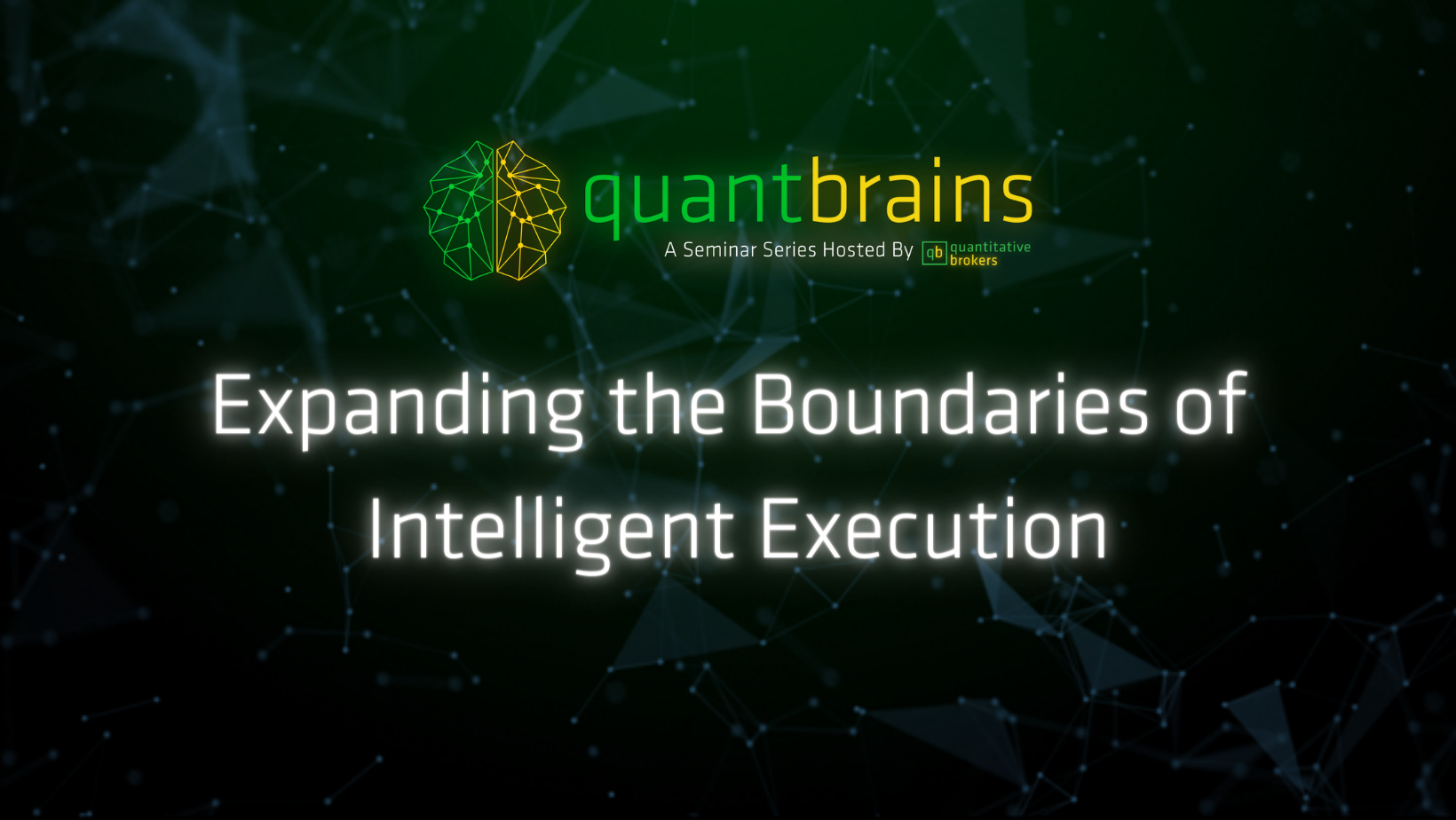Robust Cost Modeling
Keynote: Robust Cost Modeling - Dr. Robert Almgren
We are excited to delve into Dr. Almgren's latest research, which introduces a groundbreaking approach to enhance the conventional Ordinary Least Squares (OLS) regression model for estimating cost coefficients and its application to separate client specif alpha from market impact. In this segment, Dr. Almgren will walk us through the intricate details of robust regression, shedding light on its ability to handle outlier data points seamlessly. Not only does this methodology promise robustness, but it also maintains a striking similarity to traditional OLS regression while offering increased stability. Separating client-specific alpha from an algo price impact is a non-trivial problem that this sophisticated method solves for. Join us as we explore the innovative world of robust regressions and their potential to revolutionize the way we handle data outliers in statistical modeling.
The Economics of Automated Market Making
The Economics of Automated Market Making - Professor Ciamac C. Moallemi
In this section of our presentation, Professor Ciamac will delve into the fascinating world of automated market makers (AMMs), specifically focusing on the concept of constant function market makers (CFMMs) like Uniswap. This section will uncover valuable insights into the economic intricacies of these decentralized exchanges, and their implications for liquidity providers and protocol design, providing a comprehensive understanding of the subject matter. The topic is relevant as it provide insights into trading in less transparent, less refined market.
Intelligent Execution: Evidence from Futures and FX Markets
Intelligent Execution: Evidence from Futures and FX Markets - Shankar Narayanan
In this presentation, Shankar will highlight how QB expertise in the futures business can be translated to dealer-driven markets, for example, FX spot. He will emphasize the importance of adapting and building upon existing strengths as opposed to applying a generic solution when transitioning to less structured markets. This presentation is a work in progress but still provides valuable insights gained by QB through their collaboration with 360T, which has enabled the development of highly efficient algorithmic trading strategies.
Complete the form below to request the on-demand content:
Event Speakers
Dr. Robert Almgren
Chief Scientist & Co-founder of Quantitative Brokers
Rob is the Chief Scientist and co-founder of Quantitative Brokers. Robert was previously a professor of mathematics at the University of Chicago, the University of Toronto, and currently teaches High-Frequency Markets at Princeton University. Prior to QB, Robert was a Managing Director and Head of Quantitative Strategies in the Electronic Trading Services group at Bank of America until 2008. He holds a Ph.D. in Applied and Computational Mathematics from Princeton University. His extensive research record in applied mathematics includes pioneering and influential work on optimal trade execution and transaction cost measurement.
Shankar Narayanan
Head of Research at Quantitative Brokers
Shankar is the Head of Research at Quantitative Brokers, he has 15+ years of industry experience, including several years as a mid-to-high frequency researcher and statistical-arbitrage portfolio manager. Shankar has a Bachelor's in Chemical Engineering from the Indian Institute of Technology, a Master's in Financial Engineering from U.C. Berkeley, and a Ph.D. in Financial Economics from The City University of New York. His doctoral dissertation was on price discovery and market microstructure.
Ciamac C. Moallemi
Professor at Columbia University
Ciamac C. Moallemi is William von Mueffling Professor of Business in the Decision, Risk, and Operations Division and the director of the Briger Family Digital Finance Lab at the Graduate School of Business at Columbia University, where he has been since 2007. A high school dropout, he received S.B. degrees in Electrical Engineering & Computer Science and in Mathematics from the Massachusetts Institute of Technology (1996). He studied at the University of Cambridge, where he earned a Master of Advanced Study degree in Mathematics (Part III of the Mathematical Tripos), with distinction (1997). He received a Ph.D. in Electrical Engineering from Stanford University (2007). Prior to his doctoral studies, he developed quantitative methods in a number of entrepreneurial ventures: as a partner in a $200 million fixed-income arbitrage hedge fund and as the director of scientific computing at an early-stage drug discovery start-up. He holds editorial positions at the journals Operations Research and Management Science. He is a past recipient of the British Marshall Scholarship (1996), the Benchmark Stanford Graduate Fellowship (2003), first place in the INFORMS Junior Faculty Paper Competition (2011), and the Best Simulation Publication Award of the INFORMS Simulation Society (2014). Aside from his academic work, he regularly consults for fintech companies. His research interests are in the development of mathematical and computational tools for optimal decision making under uncertainty, with a focus on applications areas including market microstructure, quantitative and algorithmic trading, and blockchain technology.




